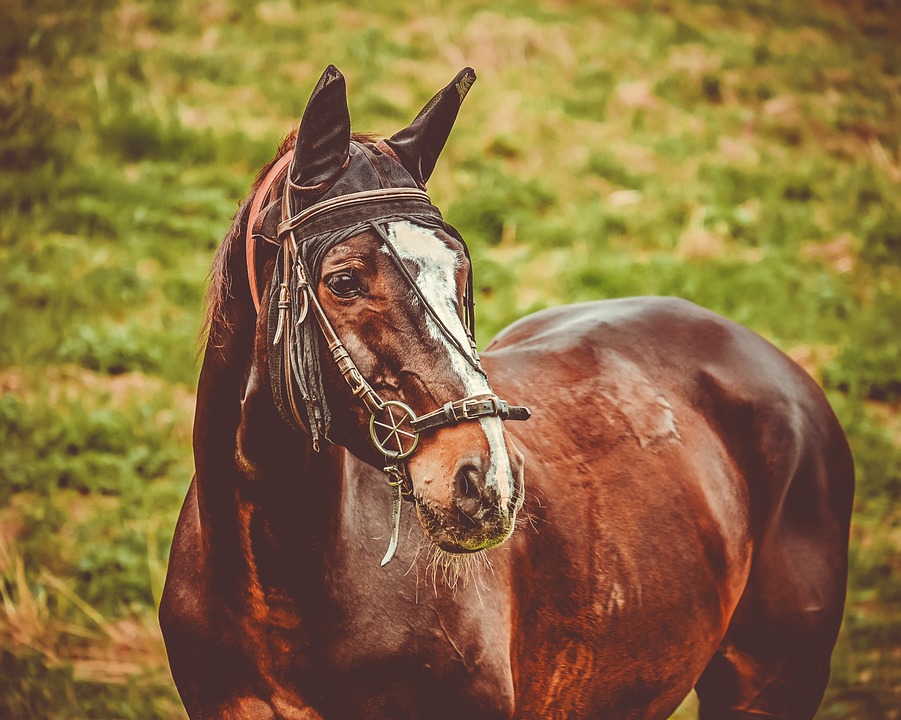In recent years, the debate surrounding the rights of animals has gained significant traction in political and ethical circles. The question of whether animals deserve political rights and representation has sparked intense discussions among activists, scholars, and policymakers. While some argue that animals should be granted legal protections and rights similar to those of humans, others believe that such a move would be impractical and potentially harmful to society. This article will explore the various arguments for and against granting animals political rights and representation.
One of the main arguments in favor of granting animals political rights is based on the idea of animal sentience. Many scientists and animal rights activists argue that animals, particularly mammals, birds, and some species of fish, are capable of experiencing pain, pleasure, and a range of emotions. As such, they argue that animals should be granted legal protections to prevent them from suffering unnecessarily. This perspective is often rooted in the belief that all sentient beings have inherent value and deserve to be treated with respect and compassion.
Furthermore, proponents of animal rights argue that animals are vulnerable to exploitation and abuse by humans, particularly in industries such as factory farming, animal testing, and entertainment. Granting animals political rights, they argue, would help to protect them from such abuses and ensure that they are treated ethically and humanely. Advocates for animal rights often point to the success of animal welfare laws in countries such as Switzerland and Germany, where animals are legally recognized as sentient beings with rights to protection and care.
On the other hand, opponents of granting animals political rights raise several concerns about the practicality and implications of such a move. Some argue that animals lack the cognitive abilities necessary to participate in political processes and decision-making. They contend that granting animals political rights would be impractical and could potentially undermine the functioning of democratic societies.
Additionally, opponents of animal rights argue that prioritizing the rights of animals over those of humans could have negative consequences for society. They argue that resources and attention should be focused on addressing human rights issues, such as poverty, discrimination, and inequality, rather than on extending rights to animals. Some critics also raise concerns about the potential impact on industries that rely on the use of animals for food, research, and entertainment.
In conclusion, the question of whether animals deserve political rights and representation is a complex and contentious issue that continues to spark debate and discussion. While proponents of animal rights argue that animals should be granted legal protections and rights based on their sentience and vulnerability to exploitation, opponents raise concerns about the practicality and implications of such a move. Ultimately, the question of animal rights is likely to remain a topic of debate for years to come as society grapples with the ethical and moral implications of our treatment of non-human beings.





